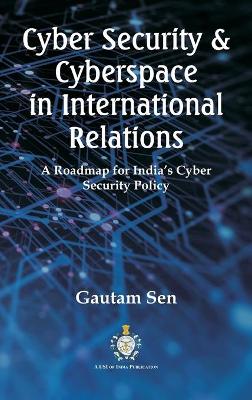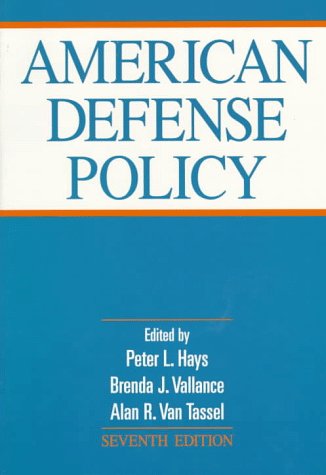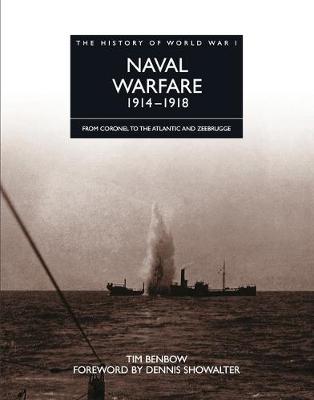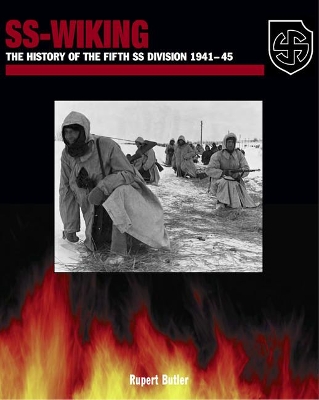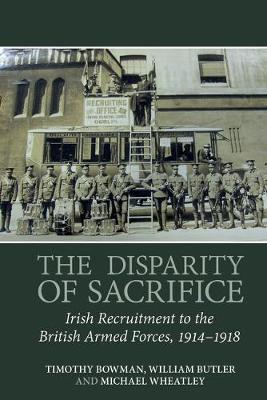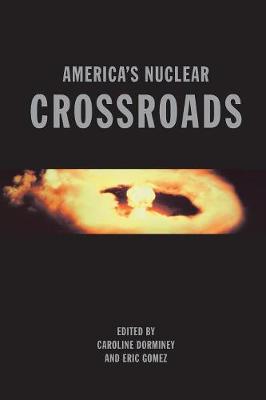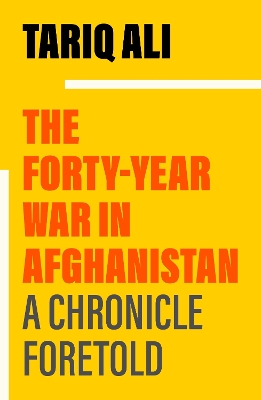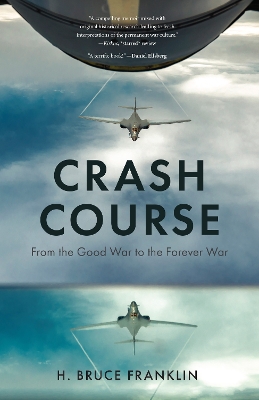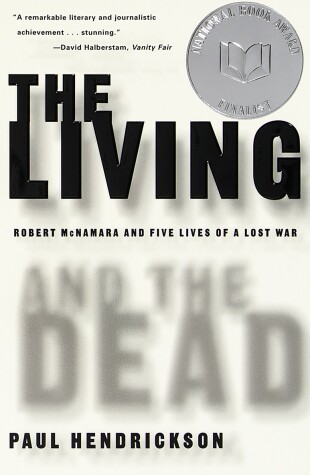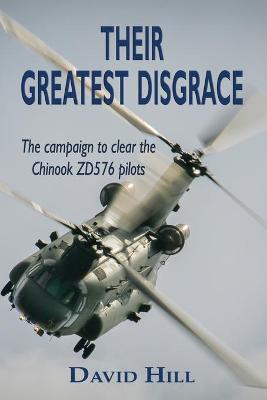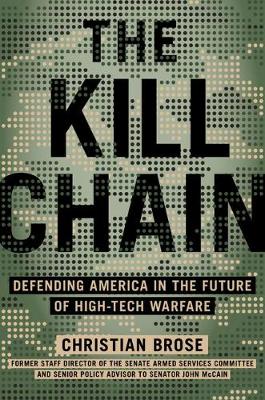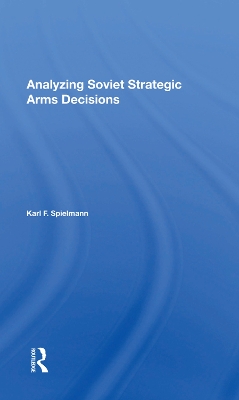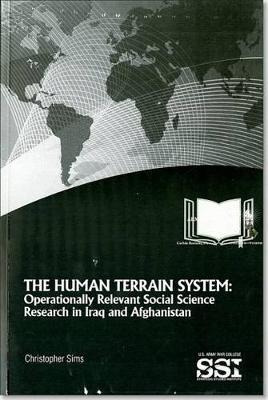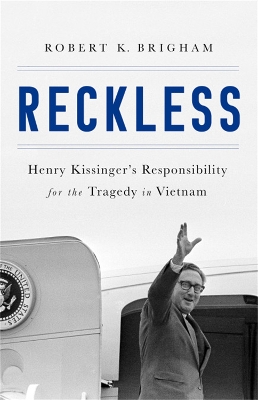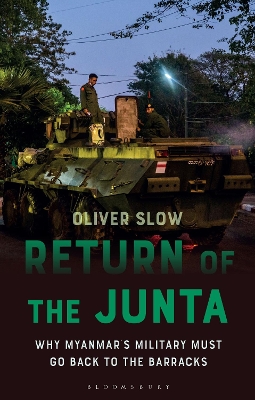Cutting through the headlines and spin, this is the first book to give us a true picture of the reality on the ground, through the words of the people there - from commanders to intelligence officers, army doctors to ordinary soldiers. Providing eye-witness accounts that contradict the official stories and figures, they give a chilling picture of the deceit, stupidity, wishful thinking, lack of forward planning and total intellectual failure of those behind the invasion. The result is an extraor...
The author has in simple language made it possible to understand the role of the Indian Army in guarding its frontiers. The book indeed is a reference work for anyone wishing to delve deeper and do research on the origin of borders that India inherited at independence, the present status the sacrifices made and the continuing vigil that is required in challenging environment of not so friendly neighbors.
Cyber Security & Cyberspace in International Relations
by Gautam Sen
American Defence Policy
An introduction to the vital security issues facing the United States. Updated to include the challenges of post-cold war security, the seventh edition returns to the book's format of organizing useful readings around a defence policy process model. Part one introduces the subject and establishes the context for studying American defence policy making; Part two examines the roles of the chief players in policy formation and implementation; Part three outlines the various processes involved in po...
GRIPPING, MOVING AND INSPIRING: the remarkable life of a world-leading expert in chemical weapons defence. "His work has saved lives and given hope." - Professor David Nott, bestselling author of War DoctorFor thirty years, Hamish has served and volunteered in conflict zones around the world. As the army's foremost chemical weapons expert, he built a unique first-hand understanding of how to prevent attacks and train doctors on the frontline - saving countless lives in the process. After sufferi...
Naval Warfare 1914 - 1918 (The History of World War I) (The History of WWI)
by Tim Benbow
At the start of the war, the German Empire had cruisers scattered across the globe, some of which were subsequently used to attack Allied merchant shipping. The British Royal Navy systematically hunted them down, though not without some embarrassment from its inability to protect Allied shipping. However, the bulk of the German East-Asia squadron did not have orders to raid shipping and was instead underway to Germany when it encountered elements of the British fleet. Soon after the outbreak of...
How NATO Adapts (The Johns Hopkins University Studies in Historical and Political Science)
by Seth A. Johnston
Today's North Atlantic Treaty Organization, with nearly thirty members and a global reach, differs strikingly from the alliance of twelve created in 1949 to "keep the Americans in, the Russians out, and the Germans down." These differences are not simply the result of the Cold War's end, 9/11, or recent twenty-first-century developments but represent a more general pattern of adaptability first seen in the incorporation of Germany as a full member of the alliance in the early 1950s. Unlike other...
The 5th SS Division Wiking was the first 'international' - i.e. largely non-German - Waffen-SS division and the only German panzer division comprised largely of foreign troops. Approximately 75 per cent of the division's strength were non-German nationals, all volunteers, and the majority from occupied countries like Belgium, Holland, France, Denmark, and Norway. The Wiking division operated exclusively on the Eastern Front during World War II, where the division quickly earned itself a deserve...
The Disparity of Sacrifice
by Timothy Bowman, William Butler, and Michael Wheatley
During the First World War approximately 210,000 Irish men and a much smaller, but significant, number of Irish women served in the British armed forces. All were volunteers and a very high proportion were from Catholic and Nationalist communities. This book is the first comprehensive analysis of Irish recruitment between 1914 and 1918 for the island of Ireland as a whole. It makes extensive use of previously neglected internal British army recruiting returns held at The National Archives, Kew,...
"How did the mightiest nation in the history of the planet end up forever fighting unwinnable wars under a dysfunctional government despised by an increasingly divided citizenry? To help make sense of this crash course, Bruce Franklin offers another kind of crash course, a personal odyssey through modern American history. Readers are plunged into history, partly by reliving some of the author's experience and evolving consciousness: born in the Depression, molded by the victory culture of World...
A New York Times Notable Book of the Year Finalist for the Helen Bernstein Award for Excellence in Journalism "Meticulous in detail, epic in scope, psychologically sophisticated and spiritually rich, it ranks with The Best and the Brightest and All the President's Men." --San Francisco Chronicle More than the two presidents he served or the 58,000 soldiers who died for his policies, Robert McNamara was the official face of Vietnam, the technocrat with steel-rimmed glasses and an ironclad fai...
Their Greatest Disgrace - The campaign to clear the Chinook ZD576 Pilots
by David Hill
The importance to Western policymakers of determining the significance of Soviet strategic arms decisions is matched by the difficulty of doing so. The high stakes involved and, in many cases, the inadequacy of evidence can all too easily lead to generalizations that rest more on passionate conviction than on accepted principles of scholarly inquir
The American war in Vietnam was concluded in 1973 under the terms of a truce that were effectively identical to what was offered to the Nixon administration four years earlier. Those four years cost America billions of dollars and over 35,000 war deaths and casualties, and resulted in the deaths of over 300,000 Vietnamese. And those years were the direct result of the supposed master plan of the most important voice in the Nixon White House on American foreign policy: Henry Kissinger.Using newly...
Fighting Like a Guerrilla (War and International Politics in South Asia)
by Rajesh Rajagopalan
This book deals with two significant issues: the peculiar and paradoxical question of why regular armies, better suited to fighting conventional high-intensity wars, adopt inappropriate measures when fighting guerilla wars; and the evolution of the Indian army’s counterinsurgency doctrine over the last decade. In addition, the book also includes the first detailed analysis of the trajectory of the army’s counterinsurgency doctrine, arguing that while it was consolidated only over the last decade...
Gold, Blood, and Power: Finance and War Through the Ages
by James Lacey
Perceptions of time contributed to recent Western military failings.The "decline of the West" is once again a frequent topic of speculation. Often cited as one element of the alleged decline is the succession of prolonged and unsuccessful wars most notably those waged in recent decades by the United States. This book by three Danish military experts examines not only the validity of the speculation but also asks why the West, particularly its military effectiveness, might be perceived as in decl...
On the first day of February 2021, Myanmar’s military grabbed power in a coup d’etat, ending a decade of reforms that were supposed to break the shackles of military rule in Myanmar. Protests across the country were met with a brutal crackdown that shocked the world but were a familiar response from an institution that has ruled the country with violence and terror for decades. Return of the Junta is a detailed account of the ways that Myanmar’s military – the Tamatdaw - has maintained contro...
It has been nearly 15 years since 9-11 and the United States still faces terror threats. After years of war, ever more intensive and pervasive surveillance, enhanced security measures at major transportation centres, and many attempts to explain who the US are fighting and why and how to fight them, the threats continue to multiply. Counterterrorism experts Martha Crenshaw and Gary LaFree provide a comprehensive critical look at how the US have dealt with the terror threat over the years. They...


